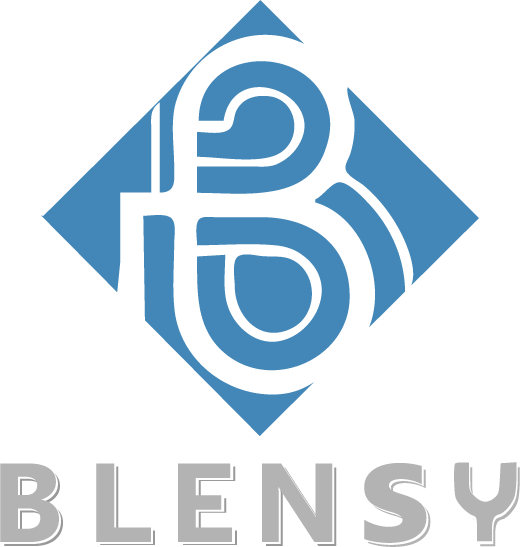Hospital/Healthcare Solution
Hospital and healthcare solutions encompass a broad range of technologies and services aimed at improving patient care, operational efficiency, and overall healthcare outcomes.
Feature
Here are some key components and examples::
Electronic Health Records (EHR): EHR systems digitize patient records, allowing healthcare providers to access and update patient information securely. These systems improve care coordination, reduce errors, and enhance patient safety.
Telemedicine: Telemedicine platforms enable remote consultations between patients and healthcare providers using video conferencing and other communication technologies. This solution increases access to care, particularly in rural or underserved areas, and reduces the need for in-person visits.
Health Information Exchange (HIE): HIE systems facilitate the sharing of patient information between different healthcare providers and systems. This interoperability improves care continuity and reduces redundant tests and procedures.
Remote Patient Monitoring (RPM): RPM solutions use wearable devices and mobile apps to collect and transmit patient health data to healthcare providers. This enables proactive management of chronic conditions, early detection of health issues, and reduces the need for hospital readmissions.
Healthcare Analytics: Healthcare analytics platforms analyze large volumes of data to identify trends, patterns, and insights that can improve clinical outcomes, streamline operations, and optimize resource allocation.
Patient Engagement Solutions: Patient engagement platforms include portals, mobile apps, and educational resources that empower patients to take an active role in their healthcare. These solutions promote adherence to treatment plans, facilitate communication with providers, and enhance overall patient satisfaction.
Hospital Management Systems (HMS): HMS solutions integrate various administrative, clinical, and financial functions within hospitals and healthcare facilities. These systems streamline workflows, improve billing and revenue cycle management, and enhance decision-making processes.
Artificial Intelligence (AI) and Machine Learning (ML): AI and ML technologies are increasingly being used in healthcare for tasks such as medical imaging interpretation, predictive analytics, and personalized treatment recommendations. These technologies hold the potential to improve diagnostic accuracy, optimize treatment protocols, and drive innovation in healthcare delivery.
Internet of Medical Things (IoMT): IoMT refers to interconnected medical devices and sensors that collect and transmit patient data over the internet. These devices include wearables, implantable devices, and medical equipment, and they enable real-time monitoring and remote management of patient health.
Cybersecurity Solutions: With the increasing digitization of healthcare data, cybersecurity solutions are essential for protecting patient information from unauthorized access, data breaches, and cyber threats. These solutions include encryption, access controls, threat detection, and incident response mechanisms.
Demo link: prescription.nxgitsoft.com
Have Any Question?

